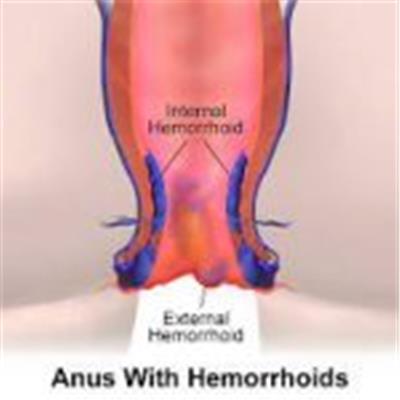Introduction
Alzheimer’s disease is a devastating illness that affects millions of people worldwide. It is a progressive brain disorder that slowly destroys memory and thinking skills, making it difficult for those affected to carry out even the simplest tasks.
While Alzheimer’s disease is most commonly associated with memory loss, it can also cause changes in mood and behavior, making it challenging for loved ones to care for those affected. It’s important to acknowledge the emotional toll that this disease takes on both the individual and their families.
Understanding Alzheimer’s
Alzheimer’s disease is a progressive brain disorder that affects memory, thinking, and behavior. It is the most common cause of dementia in older adults, and its prevalence is expected to increase as the population ages.
The exact cause of Alzheimer’s disease is not yet fully understood, but it is believed to be a combination of genetic, environmental, and lifestyle factors. The disease is characterized by the accumulation of abnormal proteins in the brain, which leads to the death of brain cells and the shrinkage of brain tissue over time.

Diagnosis and Treatment
Diagnosing Alzheimer’s disease can be a complex process that involves ruling out other potential causes of cognitive decline. Doctors may use a combination of physical exams, medical history reviews, and cognitive tests to make a diagnosis. It’s important for individuals to seek medical attention as soon as they notice any changes in their memory or thinking abilities, as early detection can lead to better treatment outcomes.
Currently, there is no cure for Alzheimer’s disease, but there are medications and lifestyle interventions that can help manage symptoms and slow the progression of the disease. Caregivers play an essential role in supporting individuals with Alzheimer’s, providing emotional support and assisting with daily activities. It’s crucial for caregivers to prioritize their own self-care as well, as caring for someone with Alzheimer’s can be emotionally and physically demanding.

Impact on Individuals
Alzheimer’s disease can have a profound impact on individuals and their families. The gradual loss of cognitive function can be incredibly difficult for those affected, causing frustration, confusion, and even fear. For family members and caregivers, the experience can be equally challenging, as they struggle to provide care and support while coping with their own emotions.
One of the most difficult aspects of Alzheimer’s disease is the way that it can change a person’s personality and behavior. A once vibrant and engaged individual may become withdrawn and apathetic, or display uncharacteristic aggression and agitation. This can be particularly hard for family members who are used to a certain dynamic in their relationships, and who may feel like they are losing the person they once knew
Impact on Society
Alzheimer’s disease not only affects individuals and their families, but also has a significant impact on society as a whole.
In addition to the economic costs, Alzheimer’s disease also has significant social costs. Caregiving for individuals with Alzheimer’s can be emotionally and physically demanding, leading to increased stress, depression, and other negative health outcomes for caregivers. Furthermore, the stigma surrounding the disease can lead to social isolation and exclusion for both individuals with Alzheimer’s and their caregivers. It is important for society to recognize the impact of Alzheimer’s disease and work towards providing better support and resources for those affected by the disease.
Conclusion
In conclusion, Alzheimer’s disease is a devastating illness that affects not only individuals but also their families and society as a whole.
We have discussed the causes, symptoms, diagnosis, and treatment options for Alzheimer’s disease. We have explored the emotional and psychological impact of the disease on individuals and their loved ones, as well as the broader economic and social costs of caring for those with the disease.
It is clear that continued research and support are needed to improve our understanding of Alzheimer’s disease and develop more effective treatments. However, there is also reason to be hopeful. Thanks to advances in science and medicine, we have made significant progress in recent years in understanding and treating the disease. With continued effort and investment, we can make even greater strides in the years to come.





